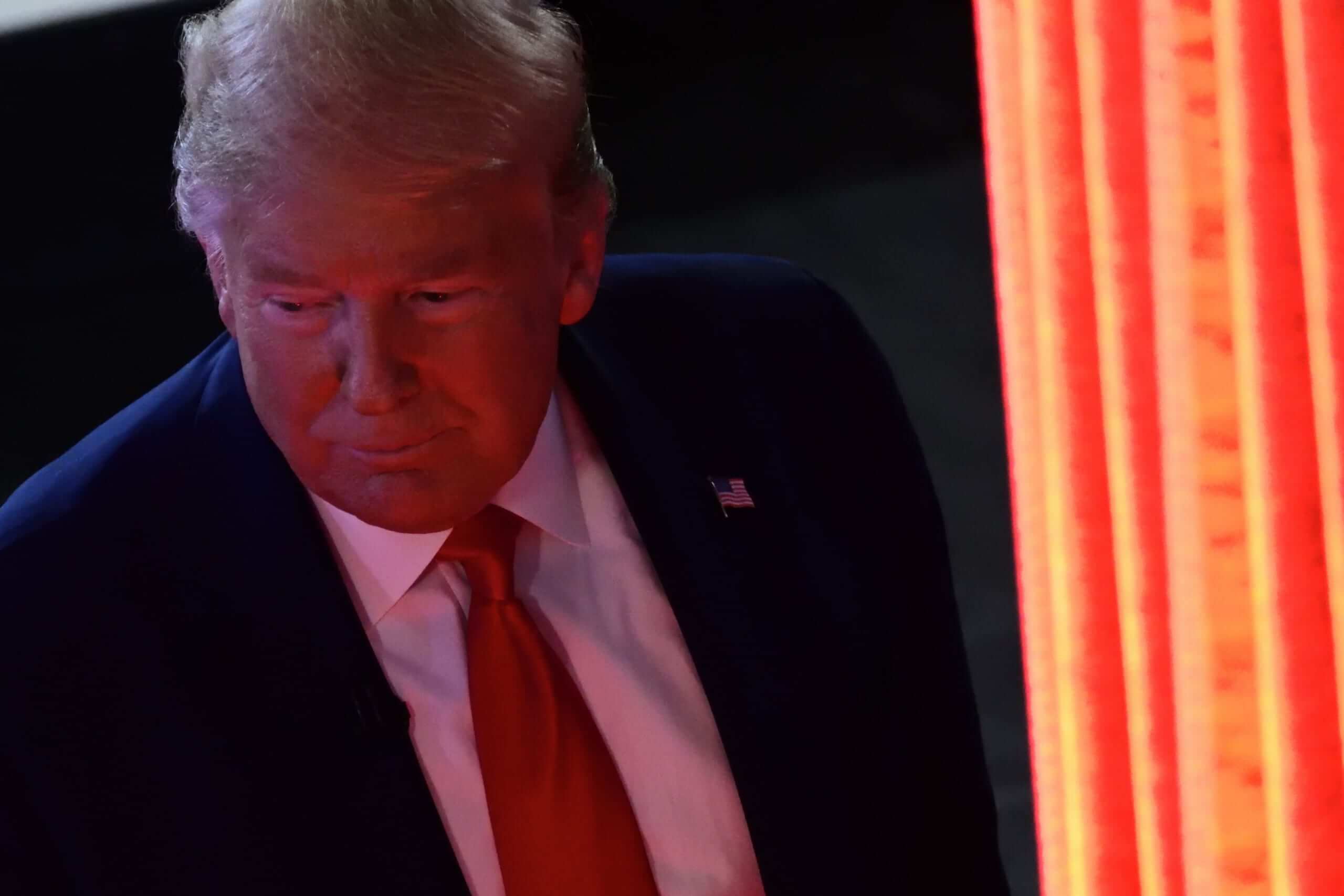Who can game the election-year politics of these chaotic times, especially the more macabre calculations of the electoral beneficiaries of the media-driven hysteria over the COVID-19?
 By Victor Davis Hanson • March 15, 2020
By Victor Davis Hanson • March 15, 2020
The world is changing at a pace not seen in years, and it is no time to become captives of fear despite the real and immediate dangers we face.
The coronavirus and the ensuing panic, at least for a few more weeks, have stagnated the economy and scared global financial markets, accompanied by both collateral, and independent and simultaneous, bad news. Rumor- and panic-mongers predominate; the rational and reasonable are written-off as naïve and out of it. Thousands may die, but millions who will not are terrified into anxieties and sleeplessness that they will.
COVID-19 itself has raised fundamental questions about the merits of globalization in general, and in particular the wisdom of any sovereign nation outsourcing key industries like high-tech, pharmaceuticals, medical supplies, and food processing to an autocratic, non-transparent—and dangerous—nation like China.
The current oil glut and price crash—a result of a Saudi-Russian price war, in part directed at record U.S. production, in part due to the crumbling of OPEC, and less demand as a global public, frightened by the specter of the Wuhan virus, stays closer to home—are radically changing the relationship between oil sellers and buyers. In particular, vulnerable cash-hungry exporting countries like Iran, Russia, and Venezuela are losing clout. Interest rates are also dropping. The world at large may for a time experience historic de facto negative interest.
Trump Was Right About China
Ostensibly, all of this news should be terrible. And, of course, terrible is the reality that as I write over 6,000 people have died worldwide (out a global population nearing 8 billion) from the disease caused by the coronavirus. But that said, there will emerge winners and losers in every crisis, whether medical, economic, psychological, or political.
Donald Trump was ridiculed for taking on the Chinese juggernaut in 2017, even though he was not wrong that China was a serial world trade cheater—manipulating currencies, dumping products below the cost of production, appropriating technology, infringing on patents and copyrights, and running up huge asymmetrical trade surpluses.
The writ against his pushback on China was that it was hopeless to fight a 1.4-billion-person powerhouse, destined to surpass the United States in annual GDP in just a few years. Or Trump was deemed naïvely reckless, given that to achieve symmetry, legality, and fairness would incur too much pain and involve ossified and discredited concepts like tariffs.
But either by design or accident, the Trump standoff tore off the China scab. The exposed putrid wound beneath has terrified the world: lying, deceit, and subterfuge surrounded the mysterious COVID-19 contagion that emerged from Wuhan late last year and now has spread worldwide and panicked the globe. The coronavirus helped remind the world that the Hong Kong democracy protests, the creepy 1-million-person reeducation camps for Uyghur Muslims, and internal Chinese Orwellian surveillance were characteristic not aberrant.
In a reductionist sense, it is not surprising that a China, systematically lying to and cheating its trading partners, cannot be trusted to tell the world how a virus was born on its own soil, spread among its population, and hopped oceans into other nations.
When the virus peters out and the panic fades, China may be permanently rebranded and recalibrated by the world at large. Its trading partners will trust it far less to honor any commitments or to abide by any international agreements. Supply chains will be diversified. Tourism will be reduced in fears another such coronavirus will follow SARS and COVID-19—and be hushed up. Countries that had particular close commercial and cultural ties with China—Iran, South Korea, and Italy—were hurt most during the epidemic by Chinese silence and duplicity.
Some assembly plants will be shut down. Nations will be less trusting to outsource key industries to Chinese companies. Supply chains were changing before the epidemic and will redirect even more afterward.
In sum, China’s mercantile system will take a hit. The only country that can match and surpass its economic output, the United States, will be the long-term beneficiary as investors and businesses look away from Beijing to a more transparent partner.
More Bad News for Bad Actors
The United States, remember, is both the world’s largest energy and food producer. In that regard, such self-sufficiency once again will be appreciated by tens of millions of Americans as they sequester at home with ample food and power to allow the virus to sputter out. Isolated Americans worry not over whether they will starve or have enough heat in their homes, but whether their prescriptions will be filled, and safely so.
Crashing oil prices will also hurt the expansionary agendas of Vladimir Putin’s Russia, especially in places like Syria and Eastern Ukraine. Russia is already bleeding billions of dollars by propping up the murderous Assad dictatorship in Syria. Soon it will be doing so with far less apparent discretionary income.
Iran may be the biggest loser of the current chaos. U.S. sanctions already had cut Iranian oil revenue by about 90 percent. The remaining ten percent of sales, and in addition whatever income Iran received through smuggling and illicit sales, may be worth about half of what such reduced revenue garnered just a few months ago.

